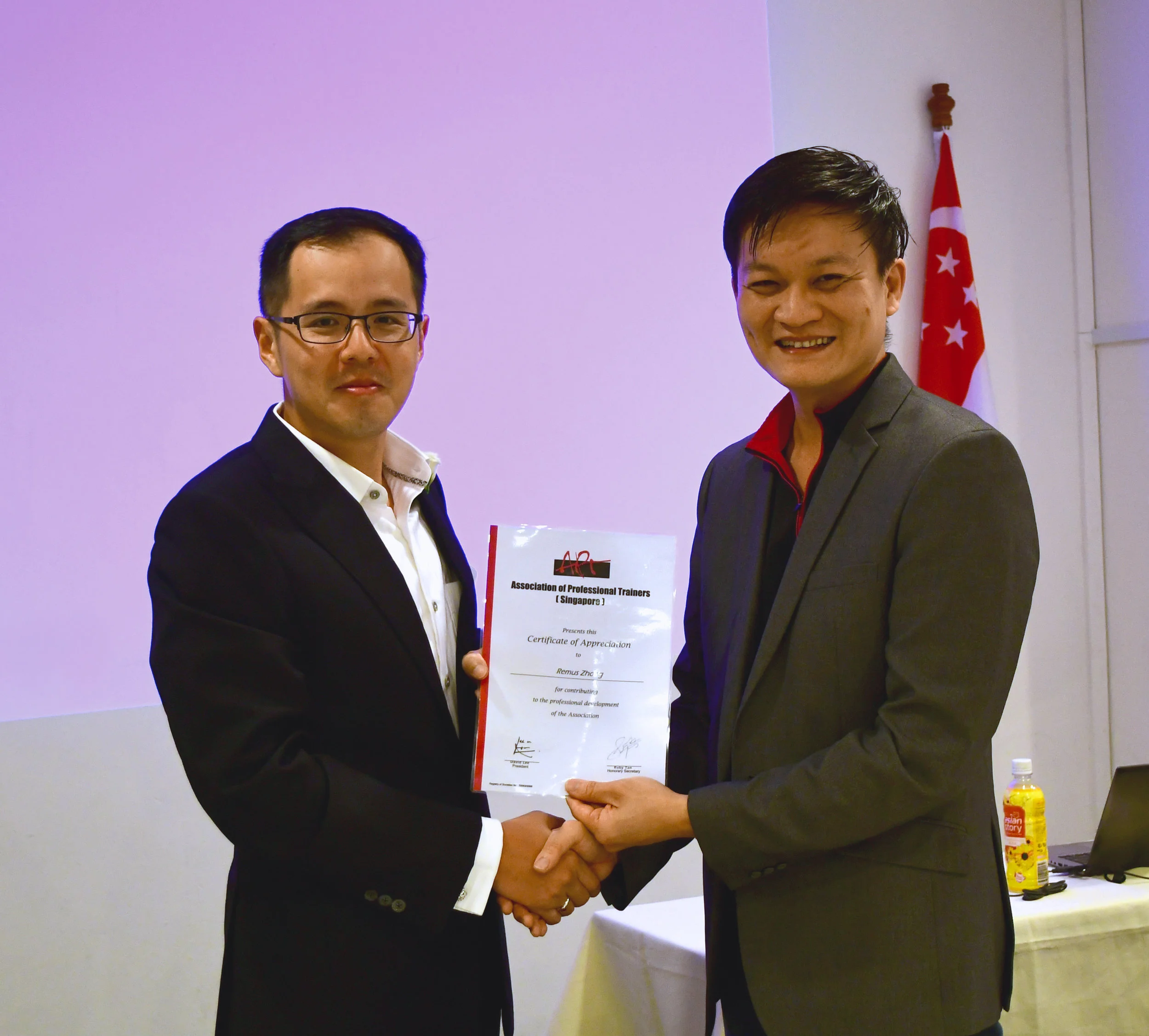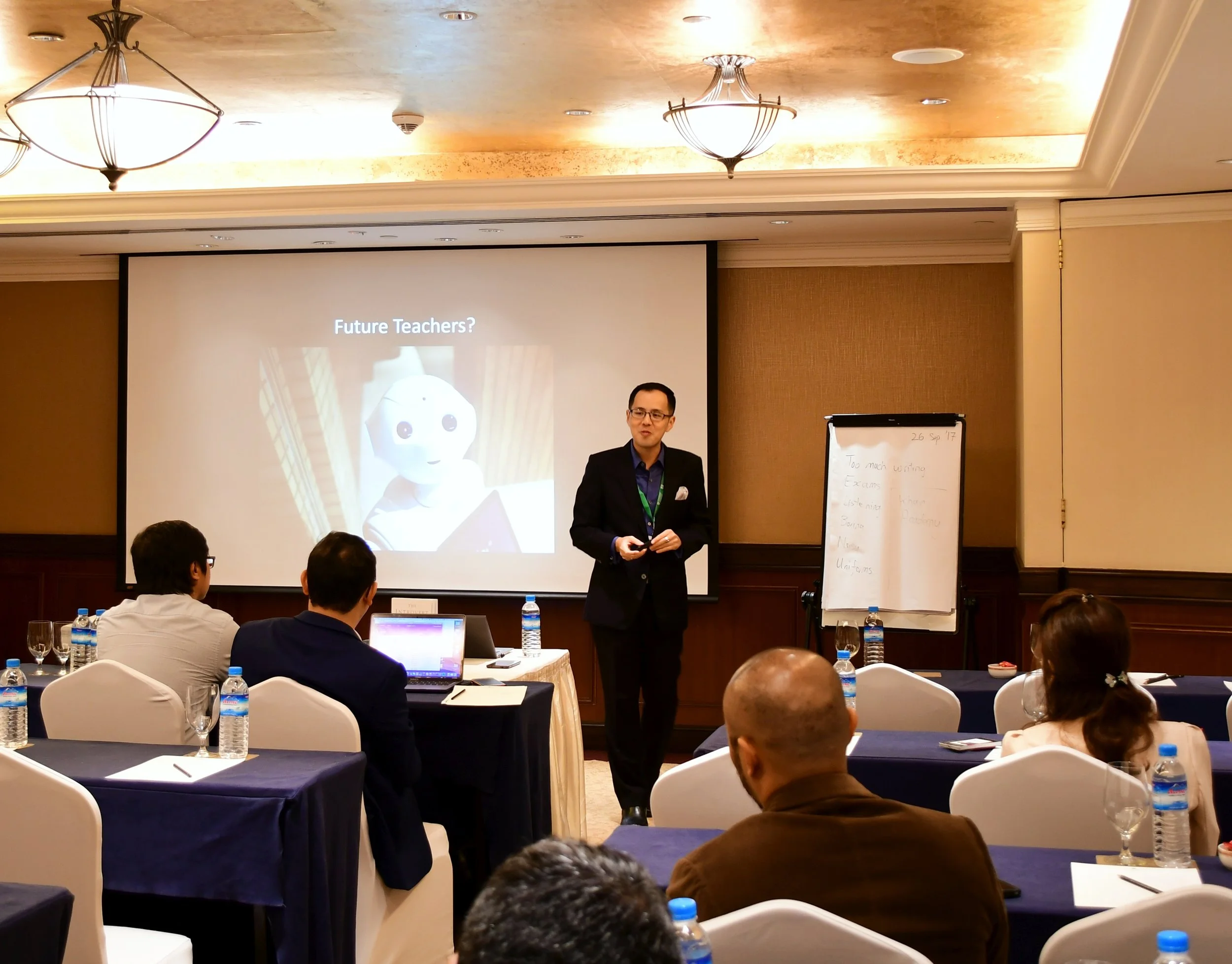Somehow, I've managed to put a lot of what I know to some professional use, whether it's my ability to write, edit, speak, teach, take good photos, or, most unexpected of all, my love for gemstones.
I suppose honing skills that can be used in multiple domains is never a waste, even if you don't consciously think that you are developing those skills.
And perhaps that's the secret - to unconsciously improve them, not necessarily as part of your professional life.
Writing for the Eye is not the Same as Writing for the Ear
You have almost certainly listened to someone reciting a speech and found it flat, uninspiring, even disingenuous.
This often happens in the public sphere, especially when politics are involved.
What's to be said is often vetted, edited, and rehashed multiple times by multiple people. This is understandable. A slip of the tongue can cause severe backlash.
There are, of course, brilliant speechwriters who work with the same speaker for long periods of time and produce remarkable speeches for them. These people, sadly, are few and far between.
Many written speeches don't translate well when spoken, because they were written for the eye, and not for the ear.
I'm not saying that speakers should stop hiring speechwriters, just that, if they do, they should be the ones in charge of the final "version", so that they sound like themselves.
And make our listening lives a little bit livelier.
I am Not a Toastmaster
I am not a Toastmaster.
I had considered joining a Toastmasters Club many, many years ago. I just couldn’t find one that fit my odd work schedule or be close enough to home that I would actually not mind travelling to.
It turns out that it didn’t matter.
I learned the hard way, through the cleansing fires of non-friendly, sometimes even hostile, audiences. In my opinion, that’s the fastest, surest way to learn.
Let me qualify that. Toastmasters clubs can be very helpful for someone who wishes to overcome his/her fear of public speaking. I have a fair number of friends who are Toastmasters, and I have seen them grow in confidence as they take the stage.
In the friendlier spaces of their respective clubs, there is greater safety, as well as the presence of potential mentors who can help. These are valuable. No doubt about that.
That said, the usefulness of these things stops once the speaker is past a certain point. Things start to go a little awry. I have listened to hundreds of speakers, both in-person and through the Internet, and I have come to notice certain traits that quite a number of them, who happen to be Toastmasters, have:
1) They have unnaturally exaggerated facial expressions and body language, all the while over-enunciating and placing too much emphasis on their words, often in a slightly off-beat manner that’s very difficult to listen to without getting distracted.
Nobody talks like that in real life. If they did, people around them would either raise incredulous eyebrows, politely excuse themselves, or run.
2) The content of their speeches is lacklustre.
I have heard from a few sources that Toastmasters are judged more on delivery than they are on content.
If that is true, I can only surmise that, in order to win contests and/or titles, they have no choice but to sacrifice substance for form. I certainly cannot speak for others, but that is a sacrifice I am unwilling to make.
Yes, there is a place for pretty speeches, but if the audience learns nothing from the encounter, what’s the point?
3) There seems to be an emphasis on telling personal stories that borders on idolatry.
Personal stories can be powerful and moving. IF they are used appropriately and for the right reasons.
I have lost count of the number of times I had to sit through an unnecessarily long, over-dramatised, poorly-executed narration of an inconsequential incident in the life of a speaker I happened to be sitting in front of.
For some reason, telling a personal story has become a ‘must’ and ‘the only way to start a speech / presentation’. It is not.
The audience doesn’t care about the speaker’s life more than they care about their own.
With that in mind, wouldn’t it make more sense to relate to the audience first, and then tell a personal story that they can relate to, in order to cement that bond?
No, I don’t hate the Toastmasters, nor do I think that they should dissolve. I simply believe that it’s time for them to update themselves.
Story-telling has no shortcuts. It is an art and a science, and needs to be respected, taught, and practised as such.
Accomplishing Stuff in the First 10 Months of 2017
10 months of 2017 have passed. We are now in the final 2 months of the year.
As with the years prior to 2017, I ask myself,
"What have you accomplished this year that you have not before?" (Yes, I talk to myself all the time in this way)
So here we go:
1) Married my One and Only, met so many familiar faces at our wedding AND got the keys to our new home in April
2) First Church Camp as a married couple in June
3) First overseas mission trip in end June - early July
4) Spoke for the first time at the Association of Professional Speakers Singapore (APTS) in end August
5) Did my first assembly talk in a school in mid September
6) Incorporated my first company in mid - end September
7) Presented at my first overseas conference (Professional Development Conference 2017 in Yangon) in end September
8) Held the first physical copy of The Introvert Teacher in early October
9) Exhibited in my first Gem Fair, gave 4 talks related to gemstones, and met many new people in end October
All in all, I'd say this is a pretty hard year to beat in terms of accomplishments. And the best part? There are still two whole months to go, to get more things done.
Right now, I'm planning the book launch for The Introvert Teacher as well as workshops for Loupin Jewels, apart from an overseas trip, all before the year is out!
Very exciting stuff! I am thankful for all that has happened this year and all that is about to happen soon. Thank you for being a part of it!








